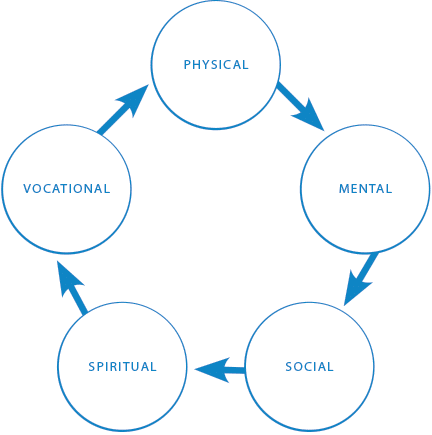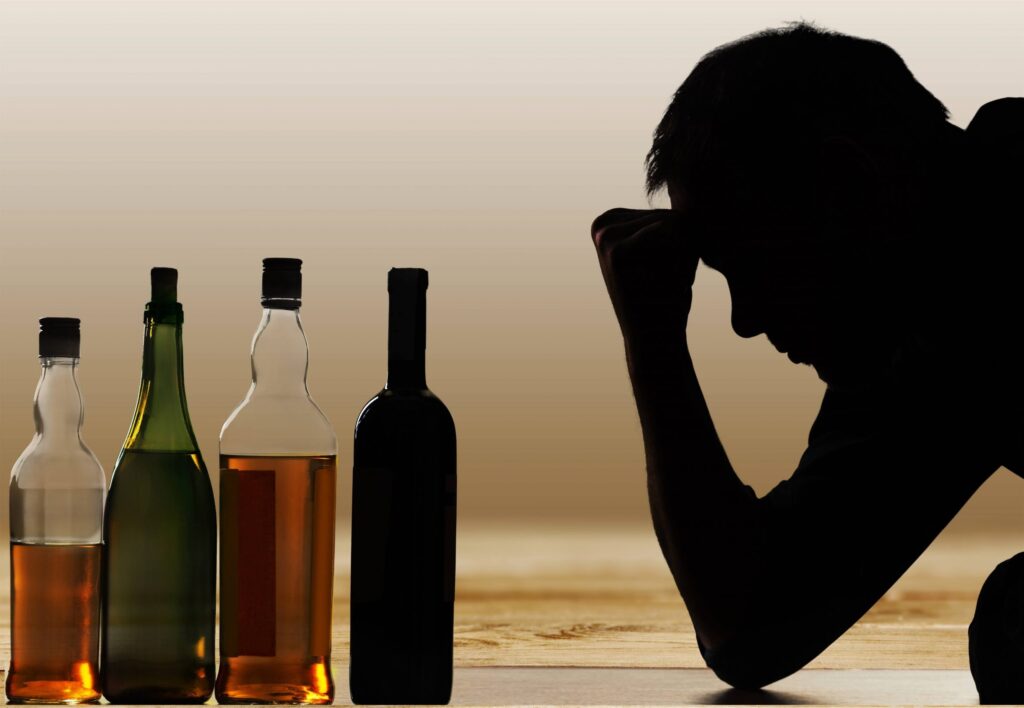Sponsored by the National Council on Alcoholism and Drug Dependence, Inc. (NCADD), April is Alcohol Awareness Month, a time set aside to increase awareness, understanding, reduce stigma, and encourage a focus on alcoholism and alcohol-related issues. Alcoholism is not defined by what or when you drink, or how much you drink, but by what happens when you drink. When drinking causes a problem in relationships, at home, at work, financially, physically, or legally, it is an issue and time to get help.
How dangerous can it be?
Alcohol is the most addictive substance in the United States, with over 17 million adults suffering from alcohol abuse or dependency.
Facts about alcohol from the NCADD:
- Each year 88,000 deaths are attributed to excessive alcohol use.
- Alcoholism is the third leading lifestyle-related cause of death in the U.S.
- Up to 40% of all U.S. hospital beds, except for maternity and intensive care, are used to treat health conditions that are related to alcohol consumption.
- Over 50% of all adults have a family history of alcoholism, and over 7 million children live in a household where at least one parent is dependent on or has abused alcohol.
- Studies show that 37 million adults binge drink about once per week, consuming seven drinks per binge. Binge drinking is defined as consuming four or more drinks in two hours.
Alcohol abuse can lead to long-term health complications, emotional instability, financial issues, and an impact on family, career, and community.
Alcohol abuse is not something that can be discounted; if left untreated it can develop into a substance use disorder resulting in life-threating consequences. It is important to recognize the warning signs and symptoms early, such as:
- Temporary blackouts or memory loss
- Irritability, depression, or mood swings
- Continued use of alcohol to sleep or for daily functioning
- Headache, anxiety, insomnia, or nausea when one stops drinking
- Flushed skin on the face, trembling hands, vomiting blood, or chronic diarrhea
- Drinking alone or in secret
- Loss of control
- Neglecting activities or responsibilities
- Risk-taking
Substance Use Disorders and Mental Health Issues
A co-occurring disorder or dual diagnosis exists when someone suffers from a substance use disorder and a mental health issue; more than 50% of individuals with an addiction to drugs or alcohol also have a mental health disorder. Substances are often used to self-medicate symptoms of mental health issues such as depression or anxiety, which can cause severe side effects that increase the severity of symptoms. For someone who is at risk for a mental illness, alcohol and drug use can intensify that risk and cause new symptoms to emerge. Also, combining alcohol or drugs with anti-depressants, anti-anxiety medication, or mood stabilizers can make them less useful.
In a dual diagnosis, both the substance use disorder and the mental illness have unique symptoms and can impede functionality, and the ability to relate to others. When one or the other disorder is left untreated, the other will often become more severe. Diagnosis of co-occurring mental illness and a substance use disorder can be difficult, as it takes time to determine what might be the mental issue and what might be the substance issue.
Treating Addiction
Eliminating the abuse and admitting there is a problem is the first step in treating an addiction such as alcoholism. In the past substance use disorders were viewed as a moral flaw, and many treatment methods were deemed ineffective. Today, we understand that addiction is a mental health issue characterized by fundamental and long-lasting changes in the brain. As with other mental health issues, addiction can be treated and managed successfully with proper care.
At Lifeskills South Florida, we provide a holistic approach to treatment to help clients manage their symptoms, cravings, and triggers that lead to their addiction.

Our licensed and professional team provides the opportunity for complete recovery using elements of mindfulness, meditation, and integrated primary care. In addition to a combination of individual and group therapy, we provide targeted treatment such as Cognitive Remediation, Cognitive Behavioral Therapy (CBT), Dialectical Behavioral Therapy (DBT) for Chemical Dependency, and Cognitive Processing Therapy (CPT) which emphasizes changing behavior through applying specific skills.
For those suffering from a dual diagnosis, our team understands there is a high risk for relapse and individuals require an environment that provides support and attention. Our clinicians focus on discovering the relationship between their substance use and mental health issue while at the same time stabilizing and supporting the client.
We understand that those suffering from addiction do not get better when the issue is ignored. We provide a healing environment through a care continuum that includes a residential program, outpatient program, and transitional living for recovering and regaining control of your life.




